To provide the best experiences, we use technologies like cookies to store and/or access device information. Consenting to these technologies will allow us to process data such as browsing behaviour or unique IDs on this site. Not consenting or withdrawing consent, may adversely affect certain features and functions.
The technical storage or access is strictly necessary for the legitimate purpose of enabling the use of a specific service explicitly requested by the subscriber or user, or for the sole purpose of carrying out the transmission of a communication over an electronic communications network.
The technical storage or access is necessary for the legitimate purpose of storing preferences that are not requested by the subscriber or user.
The technical storage or access that is used exclusively for statistical purposes.
The technical storage or access that is used exclusively for anonymous statistical purposes. Without a subpoena, voluntary compliance on the part of your Internet Service Provider, or additional records from a third party, information stored or retrieved for this purpose alone cannot usually be used to identify you.
The technical storage or access is required to create user profiles to send advertising, or to track the user on a website or across several websites for similar marketing purposes.
 As COVID-19 has forced businesses to change where and how they work this year, the learning disability charity Mencap is now calling on employers to think differently about WHO they employ. The pandemic has highlighted the invaluable contribution people with a learning disability and/ or autism can make as hardworking and valued employees. (more…)
As COVID-19 has forced businesses to change where and how they work this year, the learning disability charity Mencap is now calling on employers to think differently about WHO they employ. The pandemic has highlighted the invaluable contribution people with a learning disability and/ or autism can make as hardworking and valued employees. (more…)






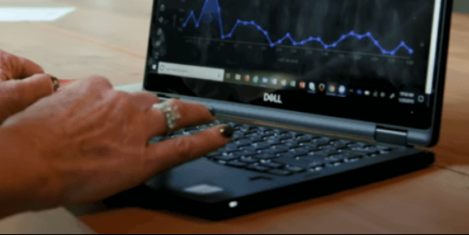
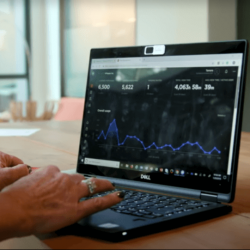 According to new research from
According to new research from 
 New research from
New research from 

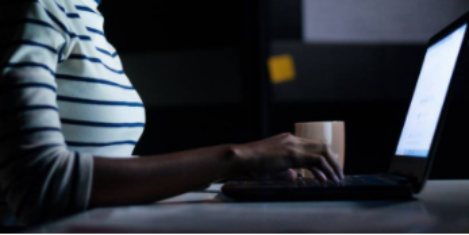
 Millions of Brits give up more than a month of time each year by working additional unpaid hours, totalling five years overtime in their working life, according to new research by
Millions of Brits give up more than a month of time each year by working additional unpaid hours, totalling five years overtime in their working life, according to new research by 
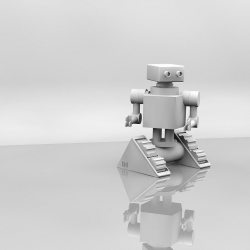



 The
The 
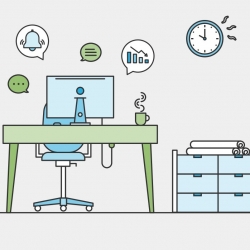










November 6, 2020
Furlough schemes are leaving isolated staff down in the dumps
by Steven Buck • Comment, Wellbeing, Workplace